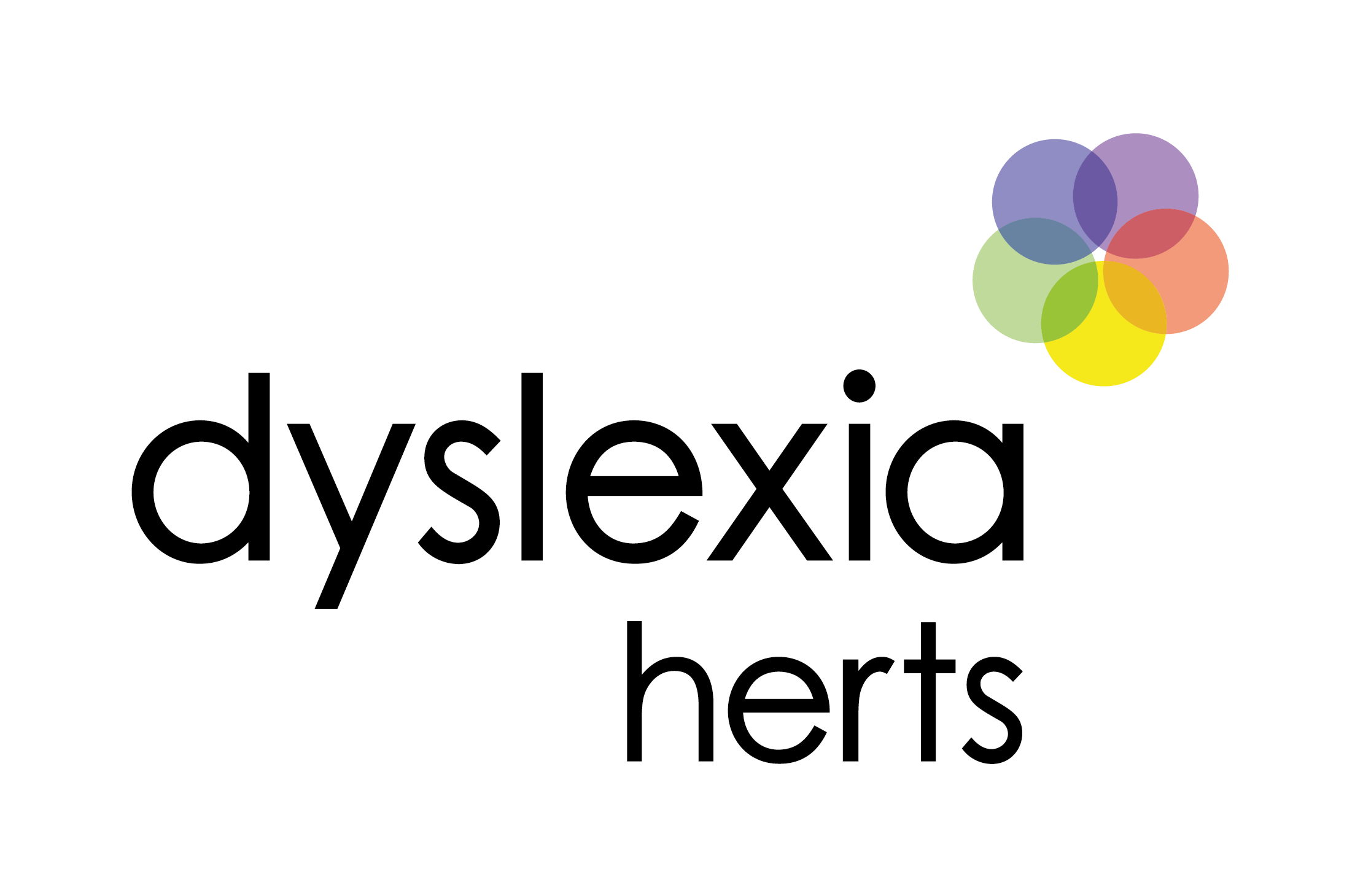Dyslexia is genetic and so does run in families. Often dyslexia affects many people in the same family and most people will generally have someone else in their wider family who also has dyslexia.
You should talk to your child’s school about it first of all. It may be that they are already aware of the difficulties he or she is experiencing and are putting measures in place to support them at school. You may be thinking about having an assessment for your child and, if so, then discuss this too as it is very helpful if the school are aware and supportive of this and it would be good to get their feedback as they will know your child well.
We would not suggest having an assessment until she is around 8 years old. It may be too early to tell. Young children develop their literacy skills at a different rate and it is simply too young to tell. They may just need some support to give them a boost. We may consider assessing children who are approaching 8 years old if both you and the school think it would be helpful. As it is not always possible to give a definite diagnosis in younger children we would recommend a literacy review (a shorter report which looks at literacy and makes recommendations for home and school).
Check out our Parents & Children page for more information
There is great support available at University if you have dyslexia or other specific learning differences like dyspraxia or ADHD. When you go for visits to universities remember to check out their support for students with dyslexia and talk to their advisers. If you are undecided between two universities this might be the deciding factor for you.
You may also be eligible for the Disabled Student’s Allowance (DSA)
You will need to have a diagnostic report completed by an assessor with the Assessor Practising Certificate (APC). If you are not sure whether your report is suitable please contact us & we will be happy to advise you.
Your DSA will fund a package of support for you at university. If you want the support to be available for you when you start university it’s a good idea to apply as early as possible. To find out more, including how to apply check out the information below:
https://www.gov.uk/disabled-students-allowances-dsas/how-to-claim
Dyspraxia or Developmental Coordination Disorder (DCD) is also a specific learning difference and co-ccurs with dyslexia.
For children under 16 you should discuss your concerns with your GP who may then refer to an Occupational Therapist.
For young people over 16 and adults, we are able to offer an assessment. This would involve sending an initial questionnaire and then taking a detailed history before your assessment.
It is really your decision about discussing with your employer. However, if you do talk in confidence to HR they may be able to fund a more detailed assessment for you which looks in detail at your job and your work environment. You may then also be able to get some coaching sessions or helpful software or equipment through the Access to Work scheme- whether you are employed or self -employed.



